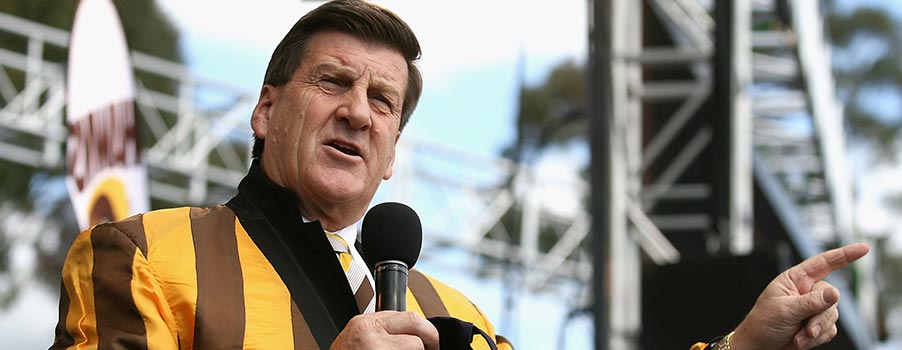Esports is particularly vulnerable to match-fixing and we have seen a number of such cases especially due to the global rise of Esports. The world is still on a course headed for a technological singularity which makes many things very easy – since it is so simple to place a bet, rigging can, in turn, be just as easy.
Keeping this in mind, the Global Lottery Monitoring System (GLMS) and the Esports Integrity Coalition (ESIC) have signed a partnership deal that will see them working together towards ensuring integrity by identifying and reporting any irregularities or suspicious betting patterns.
“Betting on Esports has been growing consistently in the last few years and the global appeal among millennial’s on digital entertainment is the driving force behind it. Esports and in-play Mobile Betting are a perfect combination of social entertainment and interaction. GLMS has been monitoring the phenomenon over the last 3 years now and we consider Esports an area to dedicate specific efforts and commitment given the impact on young citizens and society as a whole. We are very excited to support ESIC in its mission to tackle the integrity challenges within the Esports arena. Thanks to our growing network which guarantees local expertise and global reach, I am convinced that we can make a difference in the domain of Esports as well,” said Ludovico Calvi, the president of GLMS.
The GLMS was spawned from the minds of like-minded people who were keen on ensuring that integrity as a core value of sporting systems was maintained. The organization has since grown immensely and boasts of a number of hubs in Hong Kong and Denmark as well as 27 partners in several different parts of the globe.
“ESIC being the main integrity player in the field of esports is pleased to welcome GLMS into its network of partners. GLMS, thanks to its experience on monitoring betting patterns, as well as its global operations with hubs in Copenhagen and Hong Kong will for sure be a great asset in the pursuit of our mission. The expertise of GLMS in managing intelligence and integrity matters as well as its local presence in almost 30 countries across the world will also help us enhance our education and prevention activities,” said Ian Smith, the ESIC Commissioner.
The partnership is, however, not the first time that both organizations have worked together – they have already been part of a fruitful unofficial cooperation and information exchange that spans three or more years. Their new partnership will go beyond the monitoring of betting patterns as both organizations have also agreed to work towards educational programs tailored to raise awareness about the risks that come with betting on Esports competitions.










